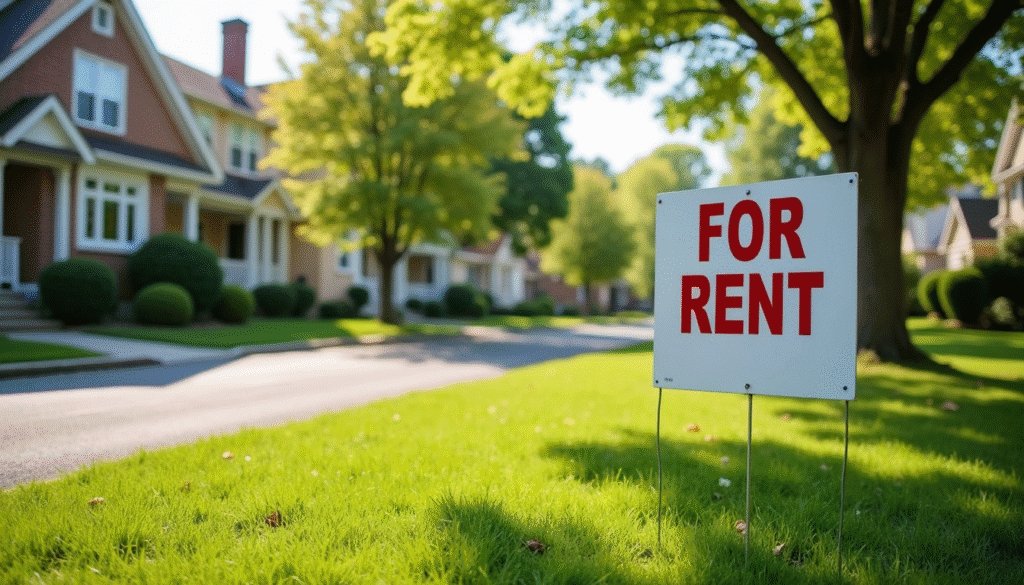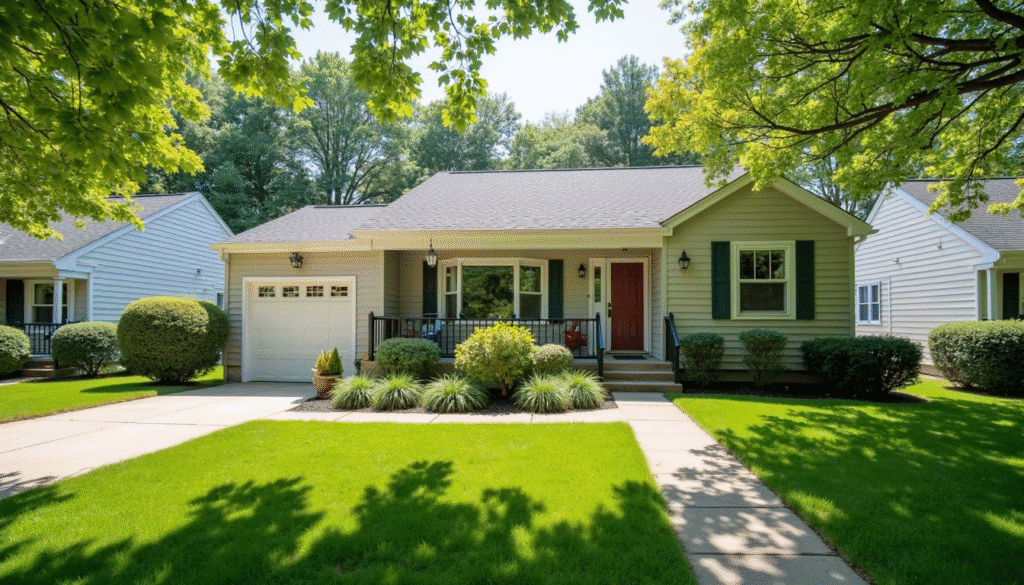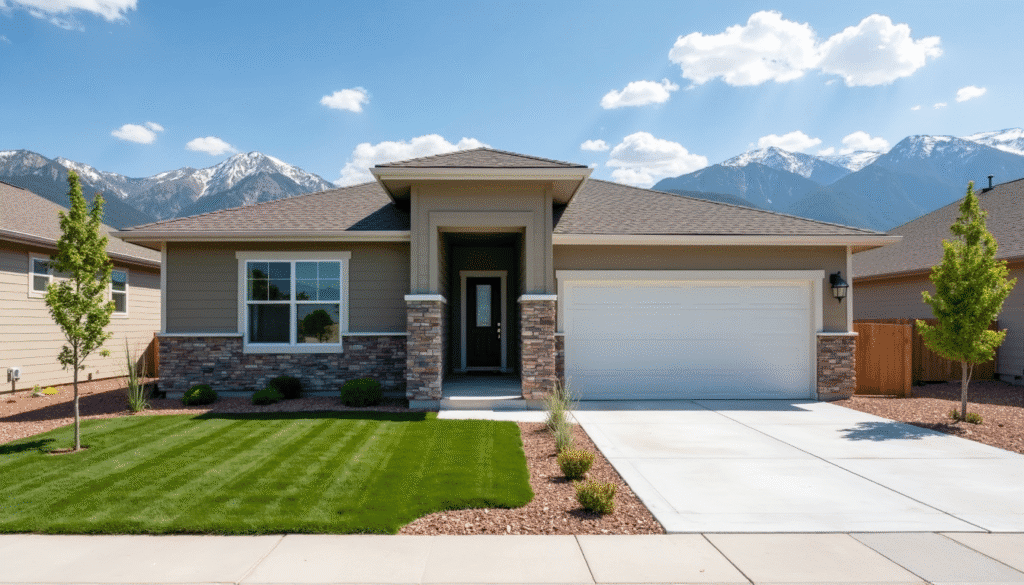Selling a fixer-upper presents unique challenges and opportunities for homeowners looking to maximize their property’s value and appeal to potential buyers. In this article, we’ll explore essential tips and strategies for successfully selling your fixer-upper and achieving a profitable sale.
Highlight Potential
When marketing your fixer-upper, highlight its potential to attract buyers who are willing to invest time and money into renovations. Emphasize the property’s desirable features, such as its location, layout, and architectural details, while also acknowledging its need for updates and repairs. By showcasing the possibilities for improvement, you can appeal to buyers looking for a project and position your fixer-upper as a valuable investment opportunity.
Price it Right
Pricing your fixer-upper competitively is crucial to attracting potential buyers and generating interest in the property. Consider the condition of the home, comparable sales in the area, and the cost of necessary repairs when setting your asking price. Be realistic about the property’s value in its current condition and be open to negotiating with buyers who may need to budget for renovations.
Disclose Defects
Full disclosure is essential when selling a fixer-upper. Be upfront about any known defects or issues with the property, such as structural problems, water damage, or outdated systems. Providing buyers with a comprehensive overview of the home’s condition allows them to make informed decisions and helps build trust and transparency throughout the selling process.
Enhance Curb Appeal
First impressions matter, especially when selling a fixer-upper. Enhance the curb appeal of your property by addressing exterior maintenance issues, such as peeling paint, overgrown landscaping, and broken fixtures. A well-maintained exterior can create a positive first impression and pique buyers’ interest in seeing more of the property.
Stage for Potential
While staging a fixer-upper may seem counterintuitive, staging for potential can help buyers envision the possibilities for the home. Focus on decluttering and depersonalizing the space to make it feel more spacious and inviting. Consider staging key rooms, such as the kitchen and living areas, to showcase their potential and inspire buyers with ideas for future renovations.
Provide Renovation Estimates
To help buyers understand the scope and cost of potential renovations, provide estimates for essential repairs and updates. This can include quotes from contractors or online resources for estimating renovation costs. By providing buyers with a clear picture of the investment required to bring the property up to their standards, you can facilitate more informed decision-making and increase the likelihood of a successful sale.
Work with an Experienced Agent
Selling a fixer-upper can be complex, so it’s essential to work with an experienced real estate agent who understands the unique challenges and opportunities of marketing these properties. An experienced agent can help you develop a targeted marketing strategy, identify potential buyers, and negotiate effectively on your behalf. Their expertise and guidance can be invaluable in achieving a successful sale.
Conclusion
Selling a fixer-upper requires careful planning, strategic pricing, and effective marketing to attract buyers and achieve a successful sale. By highlighting the property’s potential, pricing it competitively, disclosing defects, enhancing curb appeal, staging for potential, providing renovation estimates, and working with an experienced agent, you can maximize your property’s value and appeal to potential buyers seeking a renovation project.






